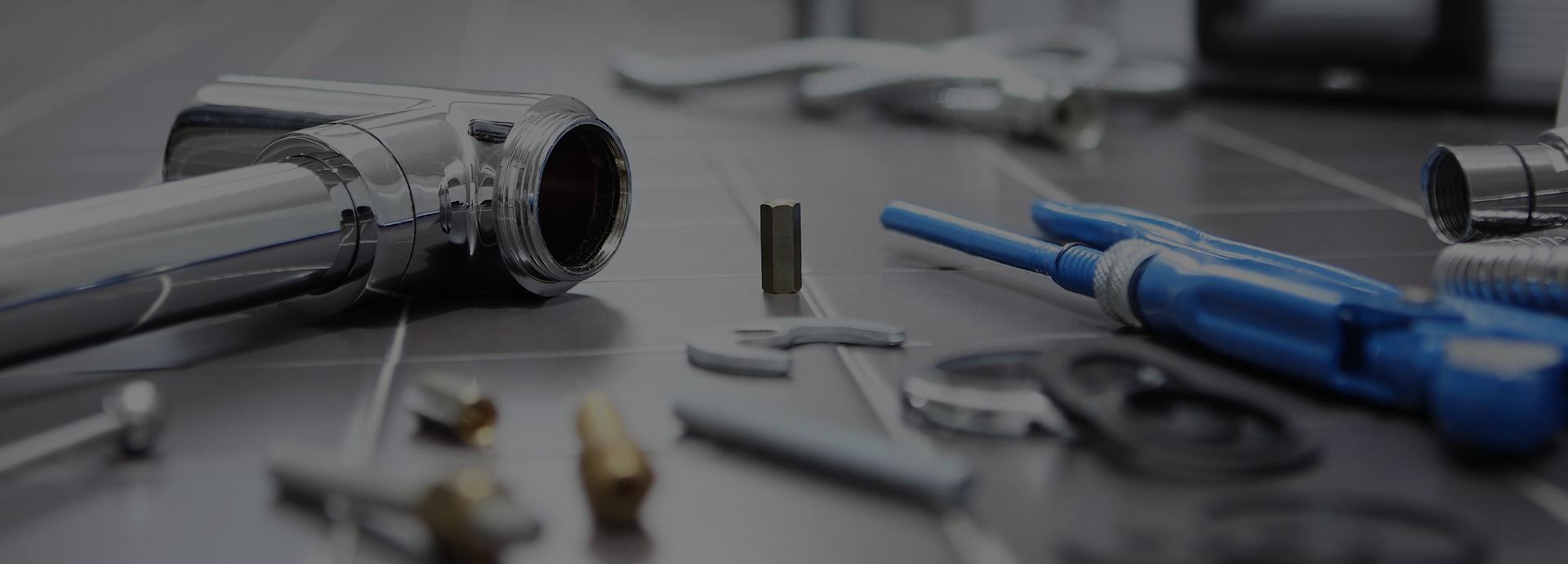
Gas Line Repair Services in Capitol Heights
Gas Line Repair & Maintenance in Prince George’s County
At Freeline Plumbing Services, we are well-equipped to handle all aspects of gas line installation, repair, and maintenance. Our team has the know-how to take on complex commercial jobs as well as residential projects.
You want to trust a credentialed, experienced professional like someone from our team to work on your gas line. We are licensed, insured, and have decades of industry experience. We can detect, prevent, and address leaks and ensure your gas plumbing system complies with safety regulations. Our professionals have specialized knowledge of gas piping materials, sizing, pressure requirements, and safety protocols.
Let us know how we can help you today. We can often make same-day appointments. Plus, we offer this satisfaction guarantee: if something is wrong or concerning with our work, you can call us to remedy the issue as soon as possible. There is a reason we are commercial and residential plumbing experts Marylanders have trusted for over 20 years.
Turn to Freeline Plumbing Services for gas line plumbing services in Capitol Heights. Call (301) 246-8398 or contact us online.
Common Signs of Gas Line Issues
Identifying potential issues with your gas line plumbing is crucial for maintaining your comfort and safety.
Common signs of gas line issues include:
- The smell of gas: Natural gas is odorless, but utility companies add a distinct odorant to make it easily detectable. A strong rotten egg or sulfur-like smell in your building or near gas appliances could indicate a leak.
- Hissing sounds: A hissing sound near gas lines, appliances, or meters can indicate a leak. This sound is caused by the gas escaping from the line.
- Dead plants or brown patches: If vegetation or grass near your gas lines suddenly dies or turns brown, it could be due to a nearby gas leak.
- Increased gas bills: A sudden or unexplained increase in your gas bill could indicate a gas leak. Even small leaks can lead to a significant increase in usage over time.
- A pilot light that keeps going out: If the pilot lights on your gas appliances frequently extinguish themselves, it could be a sign of insufficient gas flow due to a leak or blockage in the line.
- Health symptoms: Exposure to natural gas can cause headaches, dizziness, nausea, fatigue, and breathing difficulties. If those in your home or building experience these things, you may want a professional to perform leak detection.
- Flames with unusual color or shape: When you light a gas appliance, such as a stove or water heater, observe the flame. A blue flame indicates efficient combustion, while a yellow or orange flame could indicate a problem with the appliance or gas supply.

Trusted For A Reason for Over 20 Years
Our Core Values
-
INTEGRITYWe’re honest, transparent, and committed to doing what’s best for our customers and company.
-
INNOVATIONWe continuously explore new plumbing technologies and energy-efficient products to help customers save money on utility bills and costly repairs.
-
QUALITY WORKMANSHIPWe stand firmly behind the quality of our work and offer a Satisfaction Guarantee on all our services.
What Causes Gas Line Issues?
Problems with your gas line could result from various things, including:
- Corrosion: Over time, gas lines can corrode due to exposure to moisture, soil conditions, and other environmental factors. Corrosion weakens the integrity of the pipes, leading to leaks or breaks.
- Age: Older homes may have gas lines made of materials like galvanized steel or cast iron, which can deteriorate over time. Aging pipes are more prone to leaks and other issues.
- Poor installation: Improper installation of gas lines can lead to problems such as leaks, inadequate gas flow, or weak connections.
- Tree roots: Tree roots seeking moisture and nutrients can intrude into underground gas lines, causing them to crack or break.
- Ground shifts: Shifting soil or ground settlement can exert pressure on gas lines, causing them to bend, crack, or separate joints. This can occur gradually over time or suddenly due to seismic activity.
- Extreme temperatures: Fluctuations in temperature can cause gas pipes to expand and contract, leading to stress and potential damage. Especially in extreme weather conditions, this thermal cycling can accelerate wear on the pipes.
- Chemical exposure: Exposure to chemicals in the soil or nearby industrial activities can corrode gas lines and weaken their structure. Certain chemicals can accelerate the corrosion and deterioration of the pipes.
- Improper maintenance: Lack of regular inspection, maintenance, and repairs can allow small issues to escalate into more significant problems over time. Routine maintenance helps identify and address potential issues before they become serious.
How We Can Help You

A member of our team will be in touch shortly to confirm your contact details or address questions you may have.